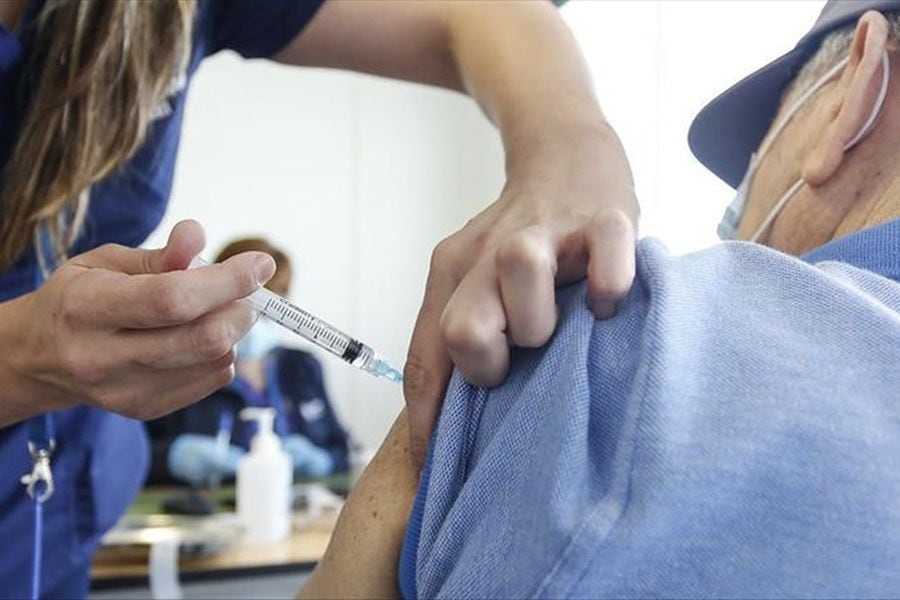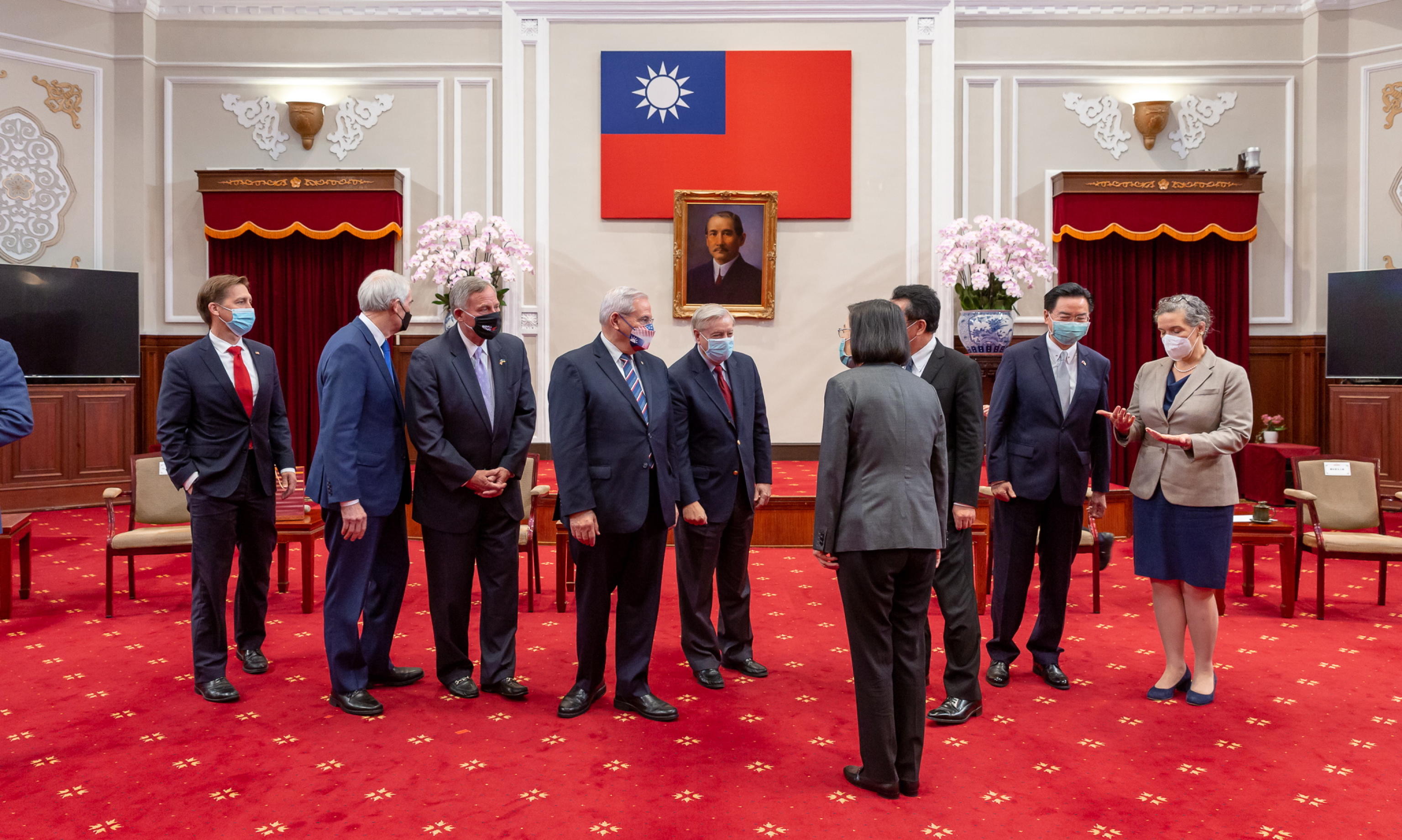On Wednesday August 11 began the application of the booster dose of the vaccine against Covid-19. To date, there are 13,764,201 people who have this protection at the national level, that is, 79% of the target population in Chile has been inoculated with the third dose. While 2,768,390 people have administered the second booster, since the process began on January 10.
However, the process has slowed down and to date, 956,552 people have the Mobility Pass disabled for not acquiring the third booster, while with the administration of the fourth dose has happened the same. According to the analysis of the Institute of Public Policies in Health (IPPSUS) of the San Sebastián University, the rate of vaccination against Covid-19 decreased 56% compared to the third dose or first booster.
The president of IPSUSS, Manuel José Irarrázaval, affirms that “we have a very clear threat, because it is thought that we have defeated the pandemic and there is a relaxation, there are fewer demands. You have to be cautious. This is a virus that mutates very easily and has serious variants. If we neglect vaccination, it is very serious.”
In this context, both members of the advisory council of the Pandemic Response Committee and the vaccine technical table that advises the Minsal have raised with the Government the need to reinforce risk communication in order to stop the decrease in adherence to the vaccine, as it could cause a rise in infections or in other indicators.
Carlos Pérez, dean of the Faculty of Medicine and Science of the San Sebastián University and infectologist at the Universidad de Los Andes Clinic, who advises the Ministry of Health at the technical table on vaccines, maintains that more strategies must be sought to reinforce the immunization plan.
“This is one of the issues that is being discussed at the thematic tables of the new governance and work is being done to improve communication and the information that is given to the population about the importance of booster doses, since we know that the immunity is lost. So, all of these are part of the strategies that are being considered to invite. Easy access is very important.”
María Luz Endeiza, pediatric infectologist at the Universidad de los Andes Clinic, who is also part of the vaccination technique table, explains that the slowdown in the process can occur for various reasons, however the epidemiological context would be the main explanation.
“It may influence the fact that the cases have dropped and people do not see the need to be vaccinated with the booster so urgently and that is not good, because to avoid a new wave we must continue to keep the vaccination up to date”.
At the same time, members of the advisory council of the Pandemic Response Committee report that in each instance in which they have met they have stressed the need to strengthen risk communication, a point that has been criticized by various experts. In addition, they maintain that the government should facilitate access to people, with different strategies, such as identifying the populations with the greatest backwardness and bringing inoculation closer to them. For this reason, A few weeks ago it was decided to immunize in schools, to increase coverage.
This Tuesday, the authorities of the Ministry of Health announced the axes of the new plan “We continue to take care of ourselves, step by step”, strategy that was announced last week by the government and whose main change is the relaxation of the mandatory use of the mask in open spaces in the new phases of low and medium health impact.
In this context, one of the key indicators to review to see if the regions are advancing or regressing in the plan is the vaccination coverage of people in that area.
Although currently 79% of the target population has their third dose, there are regions that are below the national average. For example, in the northern regions – between Arica and Coquimbo – the vaccination rate ranges between 75% and 78%.
The Health Seremi of the Coquimbo Region, Paola Salas, explains that despite having 77% of its population with reinforcement, there are problems in adherence: “The progress of vaccination is slow, for more than a month we have been stuck in the third dose and that has us very worriedbecause it’s been almost two months since the people who should get the first booster have not gone and this generates stragglers”.
During yesterday’s balance, the Undersecretary of Public Health, Cristóbal Cuadrado, stressed that “the mobility pass is a key instrument to encourage the vaccination of people at a private level, but so is the Step-by-Step Plan, since it includes the vaccination coverage, which is a collective incentive. We want to deliver a very clear emphasis for people to go get vaccinated.”
At the same time, the undersecretary told La Tercera PM that the National Pandemic Response Commission is evaluating linking the PMobility ase with the fourth dose, just as you do with the first booster.
In addition, the authority explained that the vaccination schedules have been consolidated and simplified to improve communication aspects and facilitate the weekly call.
According to the specialists, there is no sense of urgency on the part of the health authorities to insist on the immunization campaign and that would be the problem.
Gabriel Cavada, an epidemiologist and academic from the School of Public Health of the University of Chile, is critical and affirms that “risk communication during the new administration has not been very good, they have not surpassed what the previous government did which was heavily criticized. In my opinion, I believe that risk communication has been much less dense than it was before”.
Former Minister of Health Jaime Mañalich agrees: “Regarding the vaccine, risk communication hasn’t improved, it’s still poor at motivating people to get vaccinated. It is assumed that people will continue to be vaccinated with high intensity due to the limitations and the Mobility Pass, however, it is not clear how this will be controlled.
In this context, Undersecretary Cuadrado details that “a communication plan is being prepared to implement within the next few weeks and reinforce vaccination throughout the country prior to the arrival of winterthrough the development of vaccination activities in the field and in educational establishments to bring vaccination closer to people”.
–


